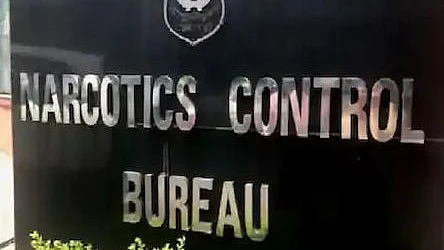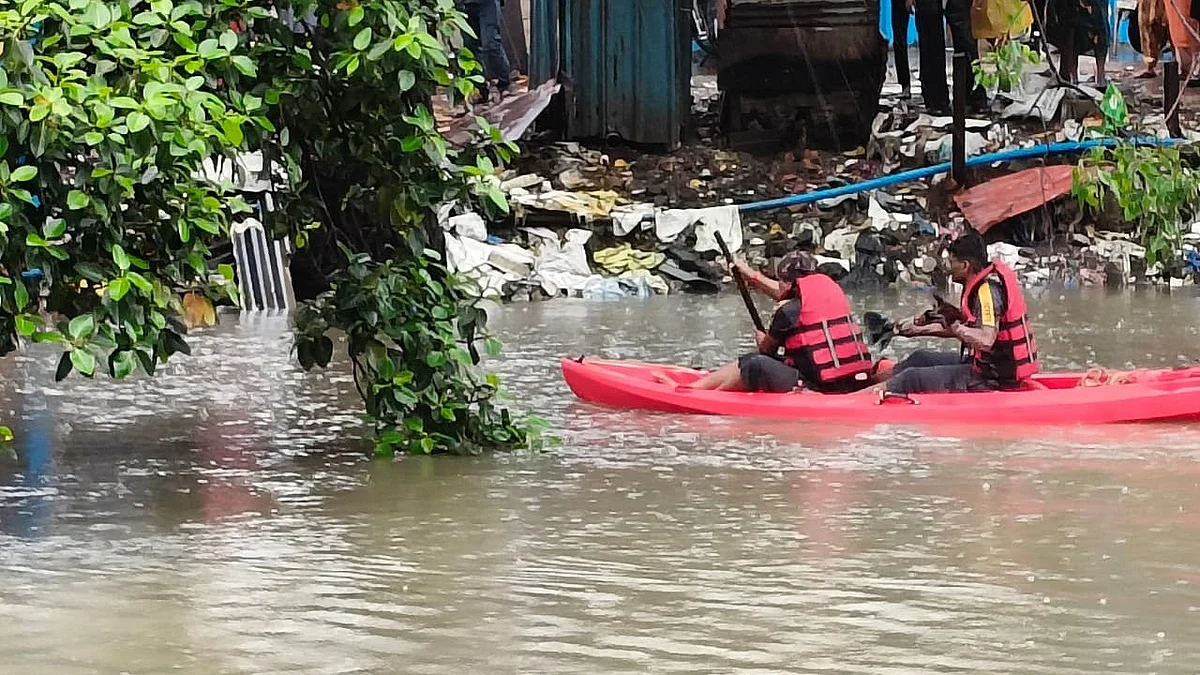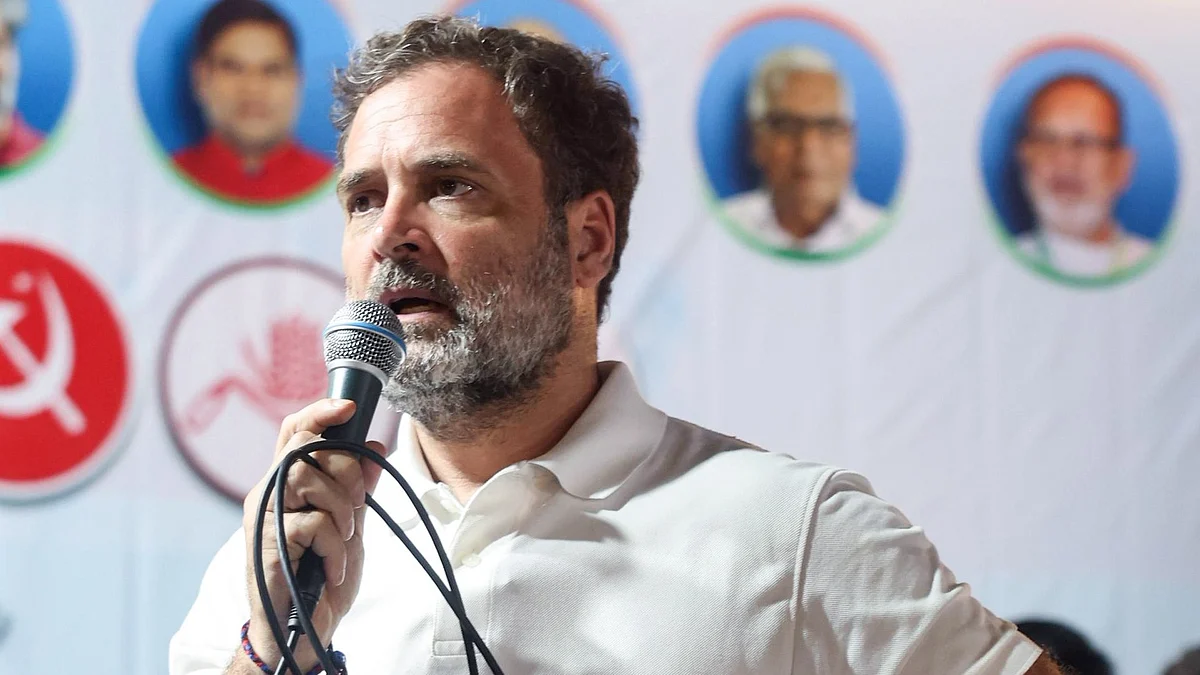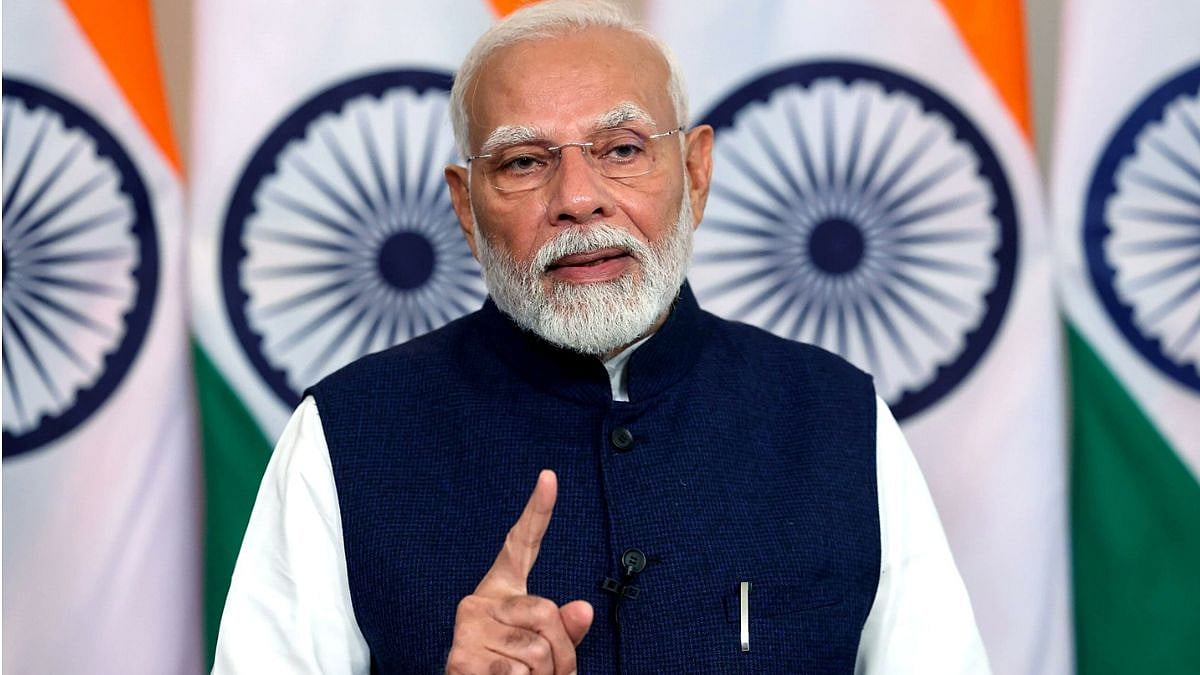Once during an informal chat with Srinagar journalists a few decades ago, a corps commander of the Indian Army posed a hypothetical question to the journalists: Supposing the people of Kashmir were given a free hand to choose between India and Pakistan, what do you think will happen?
The journalists replied that all the cars would head towards Delhi, meaning that the people would chose India over Pakistan. The pro-Pakistan posturing and sloganeering that surfaced from time to time was only to provoke India for political gains and concessions, the journalists said.
Given the state of extreme economic distress that Pakistan is in today, one need not even ask this question. The question more or less stands settled that Kashmiris will not prefer Pakistan over India.
The possibility of a resolution over the Kashmir issue is once again rising on the horizon. Early this month, the Pakistani Prime Minister Shehbaz Sharif in an interview to Al Arabiya news channel appealed to the United Arab Emirates (UAE) to facilitate talks between India and Pakistan to resolve differences, especially on Kashmir, and restore normalcy.
In an obvious overture to India, Mr Sharif said, “We had three wars with India and it only brought more misery, poverty and unemployment to the people. We have learnt our lesson and we want to live in peace provided we are able to resolve our genuine problems. We want to alleviate poverty, achieve prosperity, and provide education and health facilities and employment to our people and not waste our resources on bombs and ammunition, that is the message I want to give to PM Modi.”
The fact is that there is a growing realisation in Pakistan, especially among the liberal elite, that Pakistan’s animosity against India has been a folly that needs to be corrected.
The nuclear physicist and socio-political commentator Pervez Hoodbhoy has gone to the extent of saying, in his public discussions at The Black Hole non-profit art and culture centre in Islamabad, that the two-nation theory which was the foundation of the creation of Pakistan had been proved wrong with the creation of Bangladesh. Even within Pakistan post-Bangladesh, society stood divided with communities such as the Ahmadiyas discriminated against even though Pakistan was an Islamic nation, he pointed out.
Dr Hoodbhoy said that the “two nation theory served its purpose in giving us a nation of our own, but now it needed to be discarded.”
Very often, I prefer to watch Dr Hoodbhoy’s discussions on YouTube rather than waste time on news and meaningless debates on Indian news channels.
The discussion on “75 years of Pakistan: A Status Report” on November, 2022 between Dr Hoodbhoy, Assistant Professor Hashir Ibne Irshad and moderator Rubina Shaheen was most revealing.
The speakers noted that such was the state of economic distress that Pakistan was headed to becoming another Sri Lanka, and worse, if drastic changes in policies were not adopted.
Per capita imports were more than twice that of per capita exports; non-development expenditure, especially on the armed forces pitted against India, were further crippling the economy.
There was disillusionment over the failure of the China Pakistan Economic Corridor (CPEC) with Hashir noting that China was not giving generous grants to Pakistan but loans at high interest, and selling de-commissioned coal plants to Pakistan at 7-8% interest.
Pakistan’s software exports stood at US $2 billion against India’s 149 bn and education in Pakistan was in a shambles. Pakistani universities were among the worst in the world due to the failure of Muslims to take to education unlike the Hindus. This trend could be seen from two centuries ago from the time of the British Raj, Dr Hoodbhoy remarked.
In exports, Mr Hashir noted that although Pakistan had a comparative advantage in the export of textiles, even here it had lost out to Bangladesh and the Bangladesh currency taka was stronger than the Pakistani rupee.
The speakers commented that Pakistan has destroyed relations with its important neighbours such as India and Iran, and it was time to repair this relationship so that peace could be restored in the neighbourhood and aid long-term economic recovery.
Pakistan had gained geo-politcally in Afghanistan but there was the fear of the Taliban entering Pakistan and further complicating the situation.
Dr Hoodbhoy pointed out that Pakistan had fought three wars against India on Kashmir. “Let us now accept that we cannot wrest Kashmir from India... If we continue on this course, it will be suicidal. Are we going to take loan from the IMF (International Monetary Fund) and fight another war over Kashmir?” he asked.
The speakers noted that Pakistan was witnessing “a systemic breakdown” and “would fall off a cliff” if it continued on the path of the self-destructive path of the last 75 years.
Mr Sharif’s appeal for peace with India comes from this grim reality that has gripped Pakistan. Hopefully, this realisation will grow further leading to an end to animosity with India and a better future in South Asia in the coming decades.
Abhay Vaidya has worked as a senior journalist with a number of leading publications. He is now director at a policy research think tank in Pune










